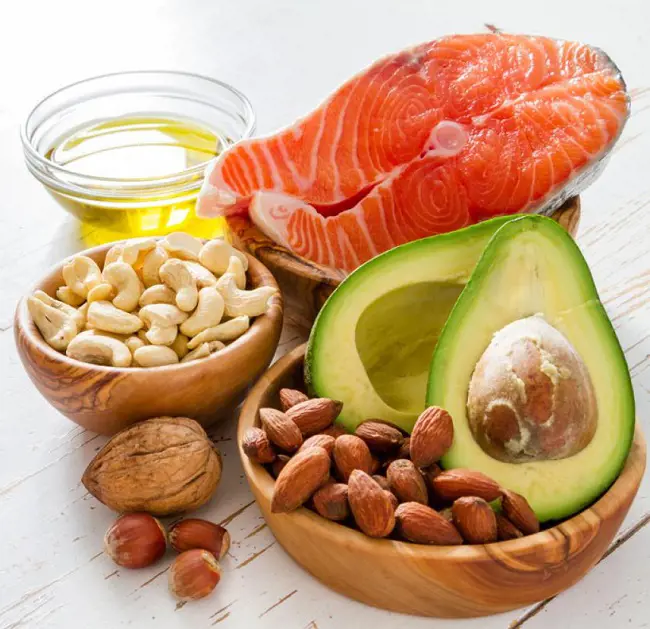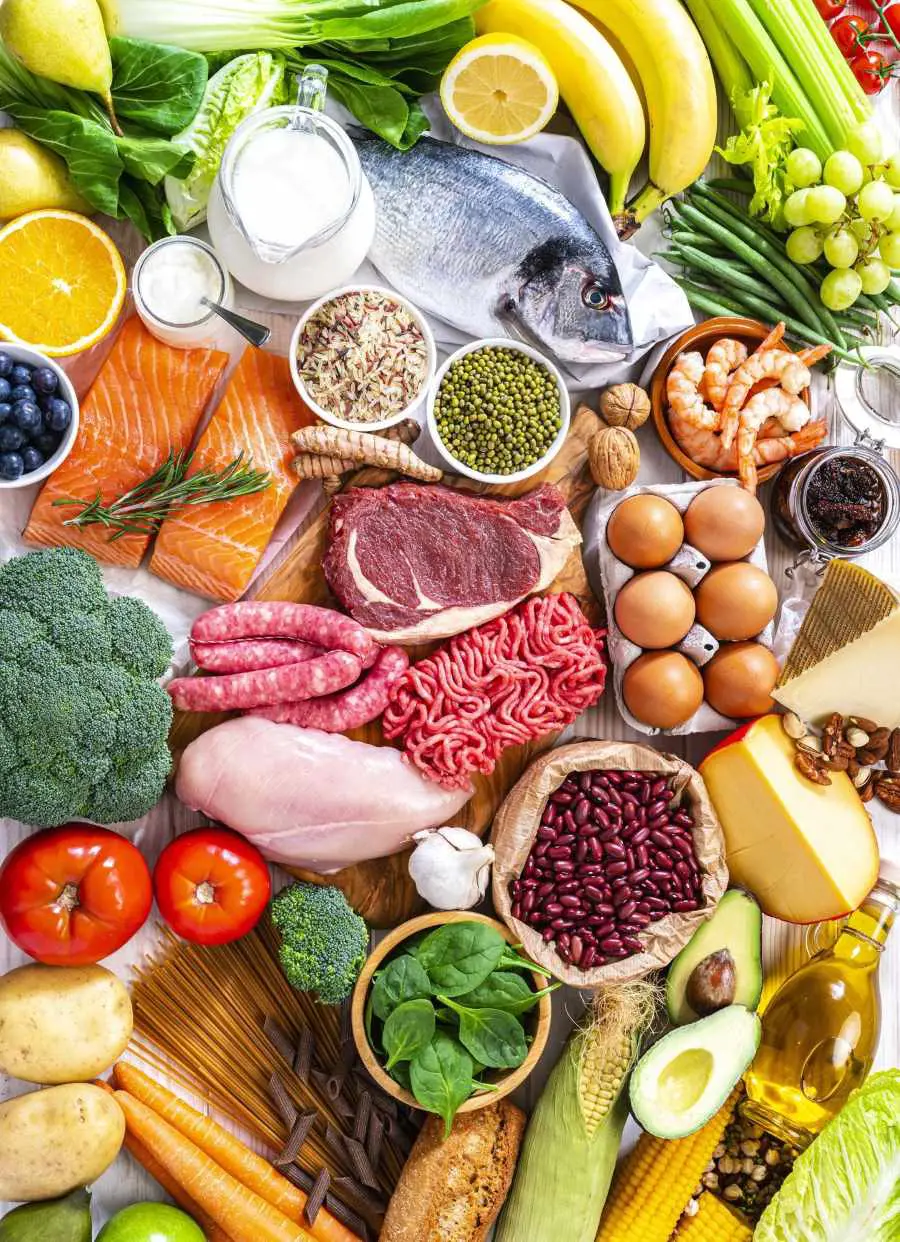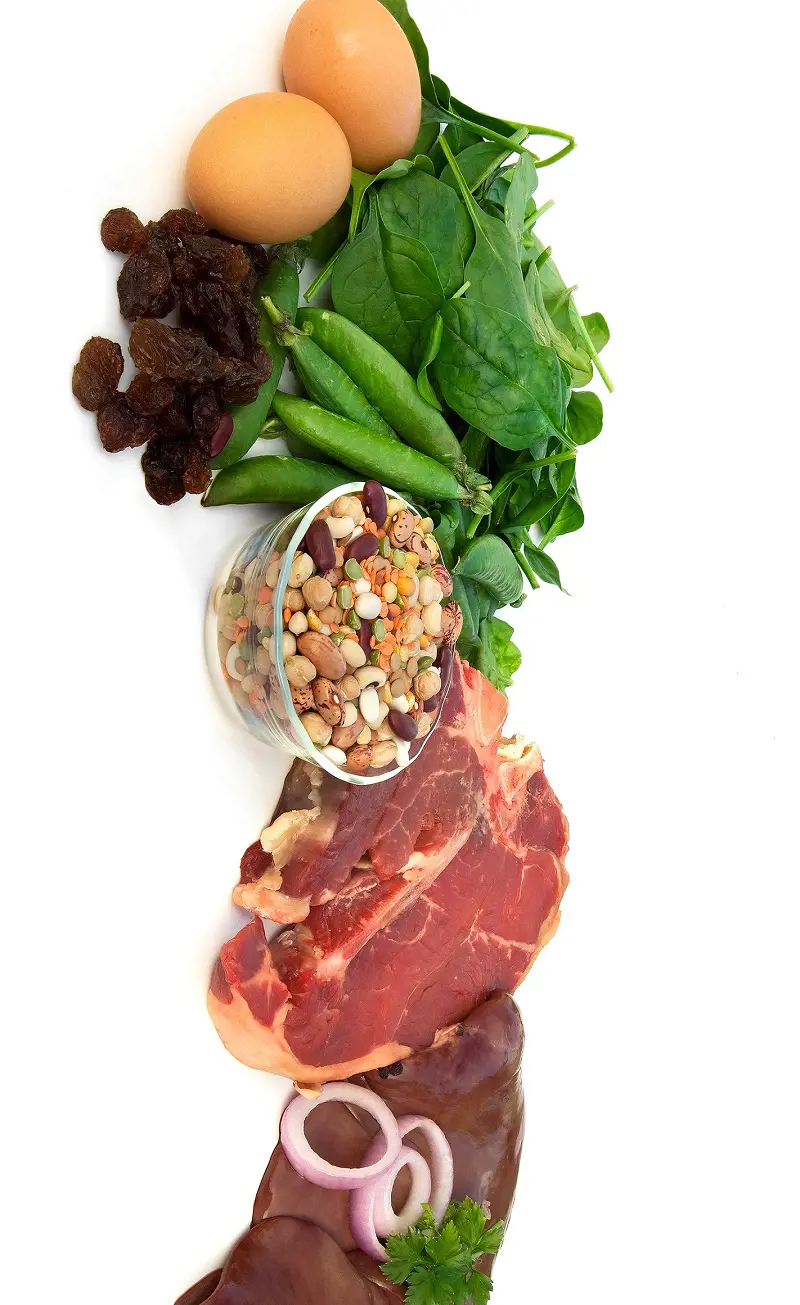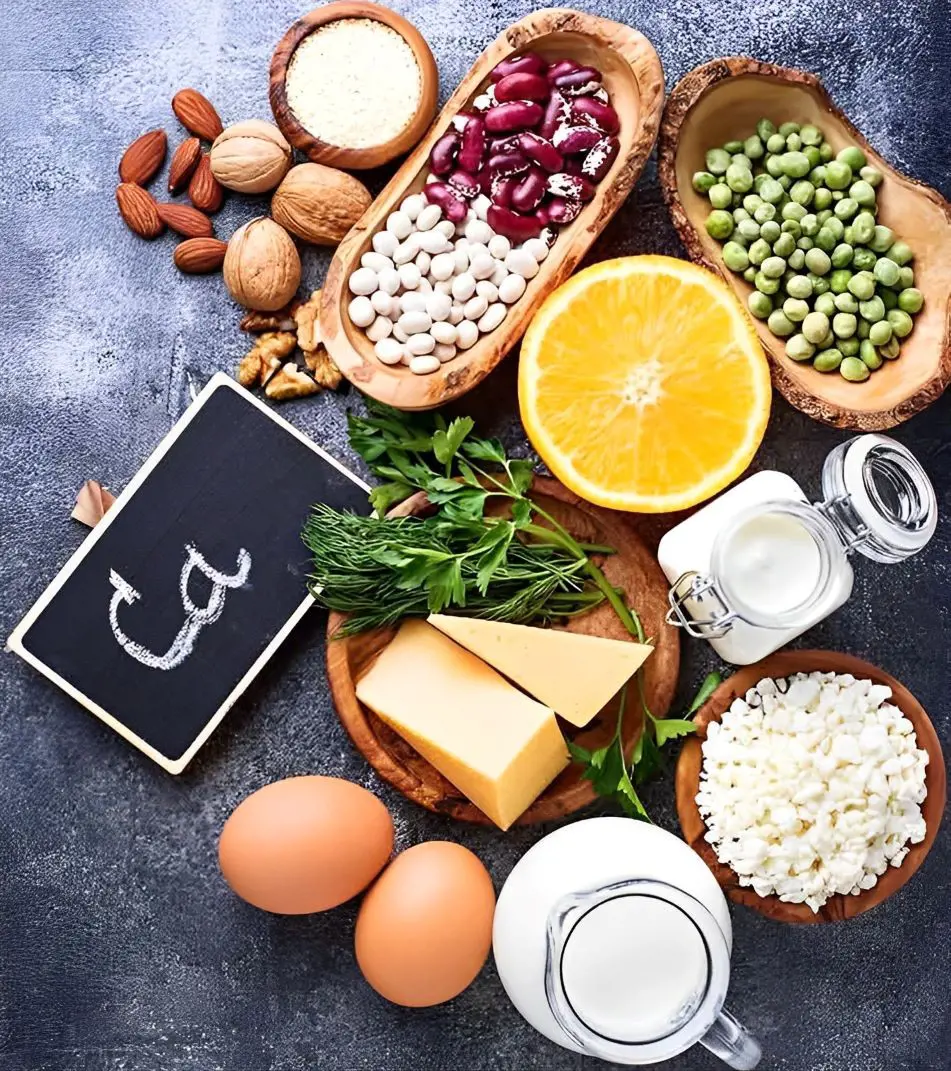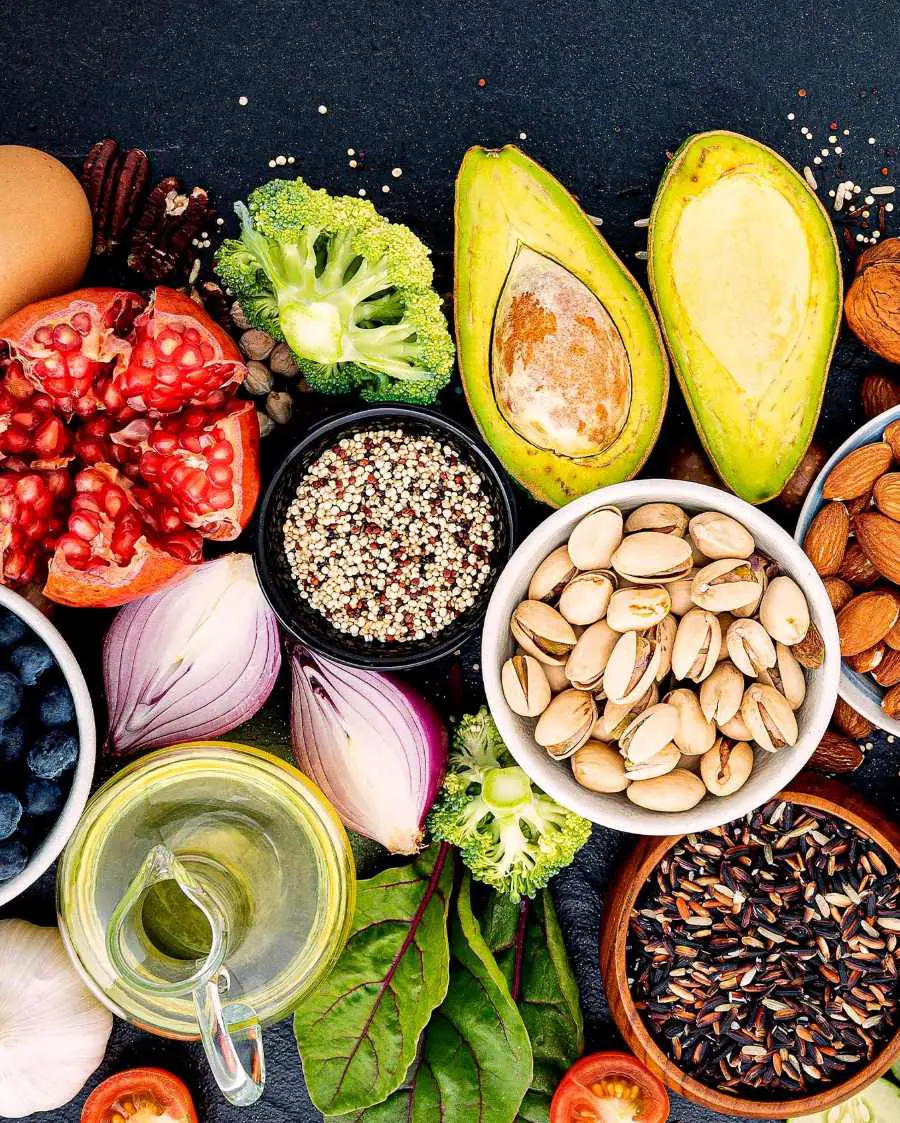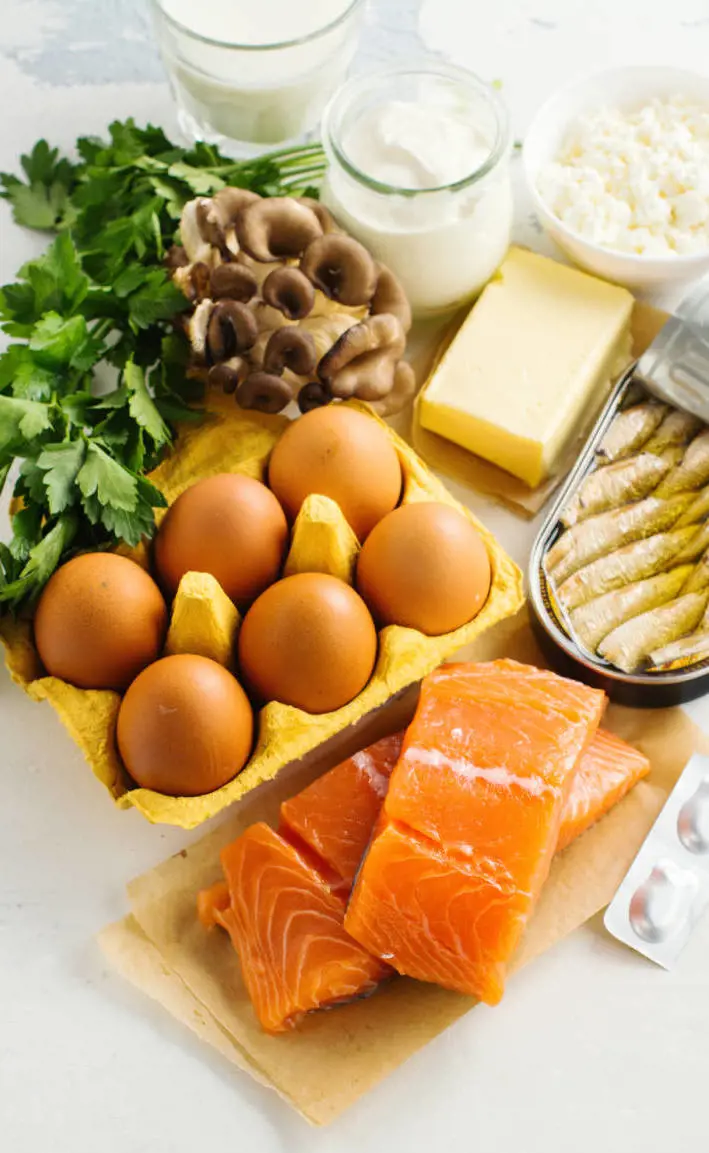Recent posts
Nutrition
Nutrition
20 Healthy Foods for Your Weight Loss Journey
There are no shortcuts to losing weight, it requires a nutritious diet, willpower, and perseverance. Losing weight means eating a variety of low-calorie, nutrient-dense foods while avoiding heavily processed foods. But suppose you jump straightly fr...
Nutrition
20 Foods That Pack More Potassium Than a Banana
While bananas are commonly known as potassium-rich sources, it's worth noting that avocadoes, spinach, and various other delicious options are also rich in potassium. Potassium is a vital mineral, essential for upholding normal blood pressure, suppor...
Nutrition
20 Healthy Foods That Are High In Iron
Iron is a vital nutrient found in food. It is an essential mineral that plays a crucial role in oxygen transportation and supports body functions. As your body is unable to produce the mineral, it is important to consume iron daily in your diet. Ther...
Nutrition
25 Calcium-Rich Foods That Will Boost Your Bone Health
Calcium is one of the most profuse minerals found in the human body, and it may surprise you to know that almost 99 percent of the calcium found inside the body is placed in the structure of the bones and teeth. It is recommended to intake at least ...
Nutrition
25 High Fiber Foods You Should Be Eating Regularly
Fiber is essential due to its array of health benefits, which are not only linked to a reduced risk of heart disease, colon cancer, and diabetes but also extend to improved brain health. The suggested daily fiber intake is 25 to 30 grams, with varia...
Nutrition
20 Vitamin D Rich Foods That Will Help You Stay Healthy
Known as the "sunshine vitamin," vitamin D is vital for bone health and contributes to various other bodily functions, including immune system support and overall well-being. Vitamin D-rich foods are essential for maintaining good health. Consuming v...





















